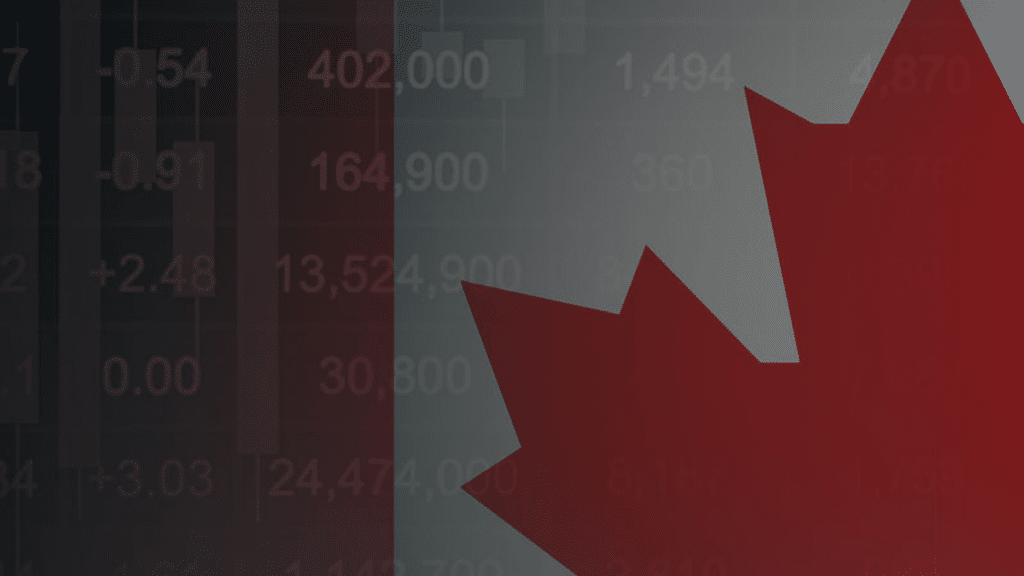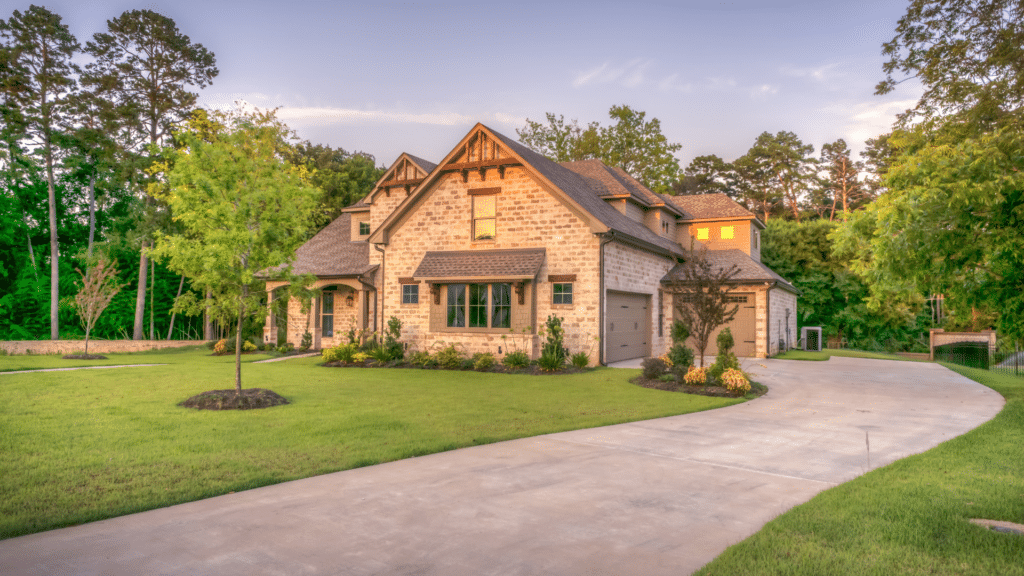
Are you considering buying a second home, maybe for vacation, occupancy of a family member, investment purposes, or to earn rental income? The finances and taxation of buying and owning a second home differ from the first home. You have to consider several aspects, like how you will fund the property purchase and how you will use it, as they can affect the tax treatment of the second home. In this article, we will take you through a few scenarios to understand how tax treatment changes for the second home.
Can You Afford a Second Home?
Many people are lured by the idea of rental income and rush to buy a house without considering the costs associated with it. The first thing to consider is the affordability of a second home.
The size of the second home’s down payment depends on the property’s purchase price and the use of the property (self-occupancy or renting). It is a worthwhile investment if you want to fund the second house with your own money. However, if you fund it through mortgages, the interest rate will depend on your profile, current market interest rates and other factors. Also, the interest on the mortgage is tax-deductible if you are using the property for investment income.
Tax Treatment of Principal Residence vs. Second Home
In Canada, a principal residence is exempt from capital gains tax if the owner uses the property to live there. Each family can have only one principal residence per year. What does this mean?
Self-Occupancy: John and Jenny own a house in the city and have lived there for 10 years. They later buy a cottage and use it as a vacation home. The Canada Revenue Agency (CRA) has no rule on how many days the owners and their families should reside in the house to claim it as a principal residence. Since John uses both houses for self-occupancy, he can claim either as a principal residence.
If the couple claims the cottage as a principal residence for the next five years, he cannot claim a principal residence exemption (PRE) on the city house for those years. If they decide to sell the city house, they must pay capital gain tax on the five years they claimed the cottage as principal residence. Hence, claiming the property with higher capital appreciation as a principal residence is advised.
Investment: However, if you are buying a second home for investment to earn rental income, it will not qualify as a principal residence, and capital gains tax will apply to the appreciation of the property value when you sell it.
If you have been using the second home for personal use (from 2010-2024) and now decide to rent it out, it will trigger a change in the use of real estate. In this case, the CRA will consider a deemed disposition of self-occupied property at fair market value (FMV) and purchase of rental property. Your rental property’s adjusted cost base (ACB) will now be FMV in 2024, and you can claim the PRE for the capital appreciation during the years 2010-2023.
Tracking Adjusted Cost Base (ACB)
This brings us to ACB and its role in tax calculation. ACB is the cost of buying the property plus the expenses incurred to purchase the property, like commissions and legal fees. You can also add capital expenses, such as replacing the roof and upgrading plumbing and electrical, incurred to upgrade the property and extend its useful life.
You should track the ACB of all properties you own, as it is the base for calculating capital gain. The FMV of the property is deducted from ACB to arrive at the gain. You can also deduct commission, advertisement, and legal fees incurred to sell the property from your capital gain.
Going back to our previous example, John and Jenny have two houses. They can track the ACB, consider the FMV of both properties, and determine which property they want to claim as the principal residence, depending on the capital appreciation. Whether they want to sell or rent the property, the ACB can be a key determining factor in whether to claim PRE or pay capital gain tax.
Calculating Capital Gain Tax on Second Home
It is where things get complicated. The land is an appreciable property, but the building/condo is depreciable as it wears out over time. Property owners can deduct this wearing out as a percentage (specified by the CRA) of the property’s cost each year under the heading capital cost allowance (CCA).
When you sell the house, you will recapture this CCA and include the capital gain (FMV-ACB) in your taxable income.
Illustration: Mary purchased a rental property for $500,000 in 2010. Over the years, she deducted $100,000 in CCA. In 2024, she sold the property for $800,000.
Her 2024 taxable income will have two components:
CCA recapture: Mary will add back the $100,000 CCA she deducted over the years to her 2024 taxable income as the capital gain is calculated on $500,000, not the undepreciated portion of $400,000.
Capital Gain: The CRA recently changed the capital gain rules. Up to $250,000, individuals can add 50% of the capital gain to their taxable income. For any gain above $250,000, they must include one-third (66.67%) of the capital gain in their taxable income.
In Mary’s case, her capital gain is $300,000 ($800,000 – $500,000)
The capital gain inclusion in her taxable income will be $158,335.
$125,000 (50% on the first $250,000)
+ $33,335 (66.67% on the remaining $50,000)
Mary’s 2024 taxable income will be $258,335 ($100,000 CCA + $158,335 capital gain). If her tax rate is 45%, her tax bill on the property sale would be $116,251.
Tax Deductions on Second Income
When you own the second home, you can deduct ongoing expenses like mortgage interest, property tax and insurance, repair costs and the CCA from your taxable income.
If you are renting out the property, you can also deduct the advertising cost, commission and other charges and have to add rental income to your taxable income. If the property is vacant despite your efforts to rent it out, your expenses could be higher than rental income, and you could incur a rental loss. You can use this loss to offset other sources of income, like employment or investment income.
Contact Ford Keast LLP in London For The Best Tax Expertise
The second home brings a sea of tax-saving opportunities and new taxes not applicable in your first home. A skilled tax consultant can help you manage your properties and the income generated from them in a tax-efficient manner. To learn more about how Ford Keast LLP can provide you with the best tax expertise, contact us online or at 519-679-9330.



